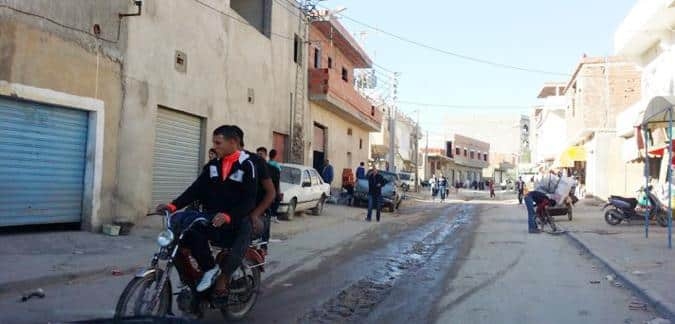The office of the Assembly of People’s Representatives has transmitted a bill on the regularization of the land situation of so -called “anarchic” working -class neighborhoods to the Committee on Strategic Planning, Sustainable Development, Transport, Infrastructure and Local Planning.
This legislative text, submitted by a group of deputies, includes 12 articles. He targets nearly a million Tunisians living in these informal districts and aims to offer them legal recognition of their property.
According to article 1 of the bill, the objective is to regularize the legal and land situation of housing constructed without authorization or in violation of town planning rules, before December 31, 2025.
The explanatory note of the project specifies that the initiative intends to allow between 800,000 and 1 million citizens spread over more than 1,400 informal districts to obtain ownership certificates. This title would open their way to investment, improve their living conditions, and access to bank credit to create new job opportunities.
The official figures relayed in the project reveal that 38 % of annual constructions in Tunisia are built outside the converted areas and without authorization. The country records nearly 80,000 new constructions each year, around 29,000 are qualified as anarchic constructions.
Article 2 stipulates that this regularization will concern the housing built on private land without respecting legal procedures and municipal town planning rules. On the other hand, housing erected in the public domain of the State or in areas classified at risk or prohibited will not be affected.
Article 3 specifies that any Tunisian citizen that can prove ownership of the land on which housing is built, compliance with urban planning standards in force in the area, and the absence of nuisance to the environment or the rights of others, may benefit from this regularization.
Articles 4 and 5 detail the methods of filing and examining requests. Article 6 fixes the value of the land registration fees to be paid to the state according to the area concerned. Articles 7 to 11 specify the procedures for obtaining the regularization certificate and the advantages which result from it.
This bill, if adopted, could mark a turning point in the management of informal neighborhoods in Tunisia, by offering their inhabitants of land recognition and new economic prospects.








